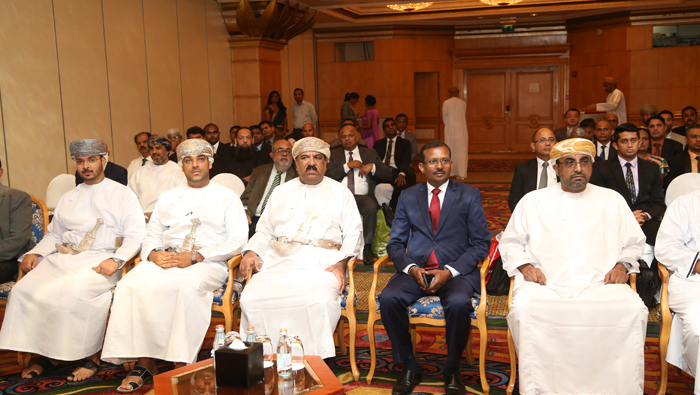
Muscat: A delegation of companies from Sri Lanka visited Oman and took part in a meeting with representatives from ship-building, tea-making and logistics, and foodstuffs, as well as fruits and vegetables, which may contribute to lowering the prices of fruits and vegetables in Oman.
M. K. Pathmenaathan, Ambassador of Sri Lanka to Oman, said, “I am very happy with the responses from both sides and hope that this meeting makes a real difference in enhancing the trade relations between the two nations.”
Fruits and vegetables
Eng. Ridha Al Saleh, Member of the Board of Directors for the Omani Chamber of Commerce, said to Times of Oman, “Prices are sure to decrease because the import of fruits and vegetables from Sri Lanka should lower the price of these goods in Oman because of competition against fruits and vegetables from other countries, such as Iran, especially if they are fresh.”
“We can also set up factories to get the fruits and vegetables from Sri Lanka and remanufacture them as canned goods,” he added.
“We want to make use of the Sri Lankan experience. The balance of trade is on Sri Lanka’s side because they began before us. Currently, we would think of exporting oil-related products, as well foodstuffs such as dates and Omani sweets. We can also deal with half-finished goods in terms of exports, but the goal is to raise trade relations and the size of trade between Oman and Sri Lanka.”
Complement each other
The ambassador added that these three sectors were invited based on the demand from Oman. “These are the sectors which got a lot of inquiries from Oman. Initially, we thought this would make a first step and we can arrange visits from Oman to Sri Lanka as well, depending on the demand.
“We already have other inquiries for other sectors, and the next time, more companies from other sectors will be able to visit Oman. Oman and Sri Lanka can complement each other in trade. Sri Lanka will be able to be a pathway for Omani goods to enter Southeast Asian countries. In turn, Oman can be a gateway for Sri Lankan goods for North Africa and other GCC countries.”